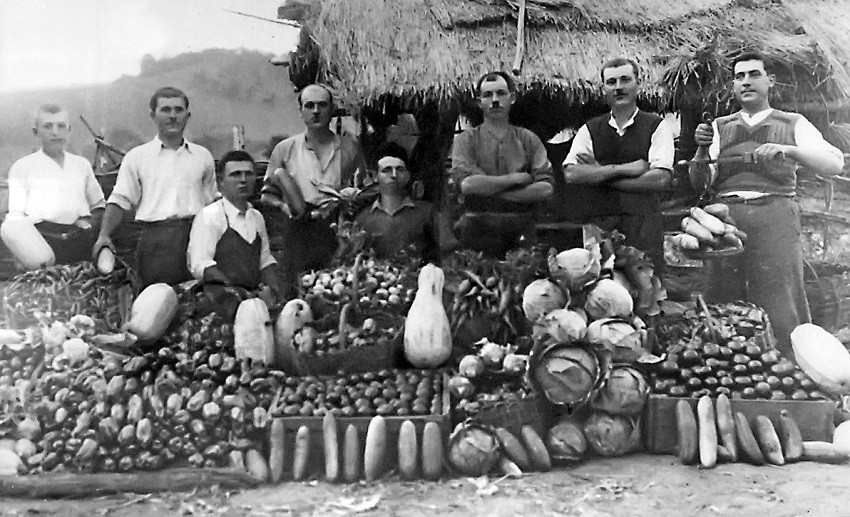
The Consulate General of Bulgaria in New York is opening its doors to interns and volunteers who want to gain a realistic idea of the diplomatic profession and to join the cultural life of the Bulgarian community overseas. In order to become an..
A delightful town, Pazardzhik, lies just 37 kms. from Bulgaria’s second biggest city, Plovdiv, and about 100 kms. to the Southeast of the country’s capital Sofia. The favourable geographical location of this ancient town is the reason why important..
On June 21 the world will have a reason to unite and humble itself. We can find it in the International Day of Yoga – the ancient practice and teaching that focuses on the unity of body, mind and spirit. The United Nations officially..
More than 800 digital nomads and entrepreneurs from 50 countries have arrived in Bansko for the 6 th edition of Bansko Nomad Fest – one of the biggest..
The Bulgarian Farmers' Union is organizing an exhibition of locally produced dairy and vegetable products in Plovdiv. The event will be held on..
The Tvarditsa and the Church Rock Festival at the Zhrebchevo Reservoir kicks off tonight at 8 p.m. and will continue through the night. Organised..

+359 2 9336 661
